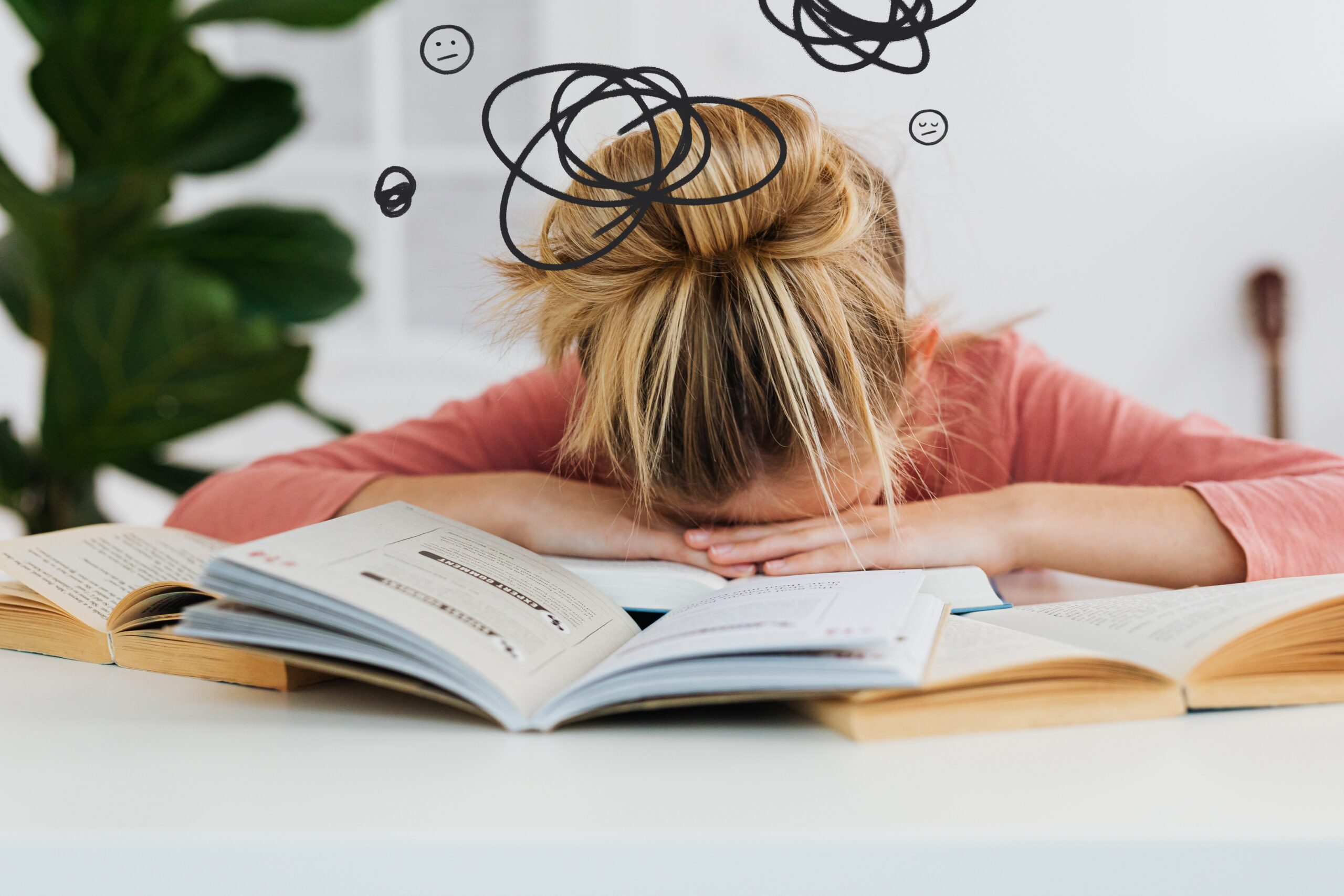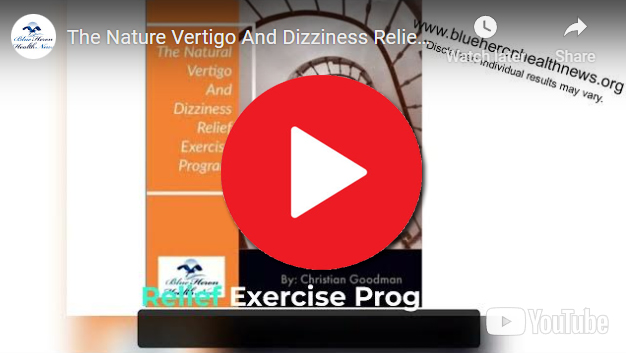
Vertigo and dizziness are two related but distinct sensations that affect the perception of balance and orientation. They can be symptoms of various underlying conditions or disorders.
Vertigo refers to a false sense of spinning or movement, where an individual feels as if their surroundings are rotating or they themselves are spinning. It is often described as a sensation of dizziness or being off-balance. Vertigo can be caused by problems in the inner ear, such as benign paroxysmal positional vertigo (BPPV), Ménière’s disease, or vestibular neuritis. It can also result from issues in the central nervous system, such as migraines, brain tumors, or stroke.
Dizziness, on the other hand, is a broader term that encompasses various sensations related to feeling lightheaded, unsteady, or faint. It can include symptoms like feeling woozy, weak, or experiencing a sensation of floating or being off-kilter. Dizziness can have multiple causes, including low blood pressure, medication side effects, dehydration, anxiety or panic disorders, inner ear disorders, and cardiovascular problems.
Both vertigo and dizziness can significantly impact a person’s quality of life, making it challenging to perform daily activities, driving, or even standing up without feeling unsteady or at risk of falling. Diagnosis and treatment depend on identifying the underlying cause, and medical professionals, such as otolaryngologists or neurologists, often evaluate patients with vertigo and dizziness symptoms to determine the appropriate course of action.
See More on Video

The Nature Vertigo And Dizziness Relief Exercise Program™ By Christian Goodman These simple exercises will only take 3-15 minutes of your time every day can be done anywhere including at home, office and even when on vacation. The results that you will get from simple head exercises that you will perform meaning that once you are healed, then you won’t have to do them again.